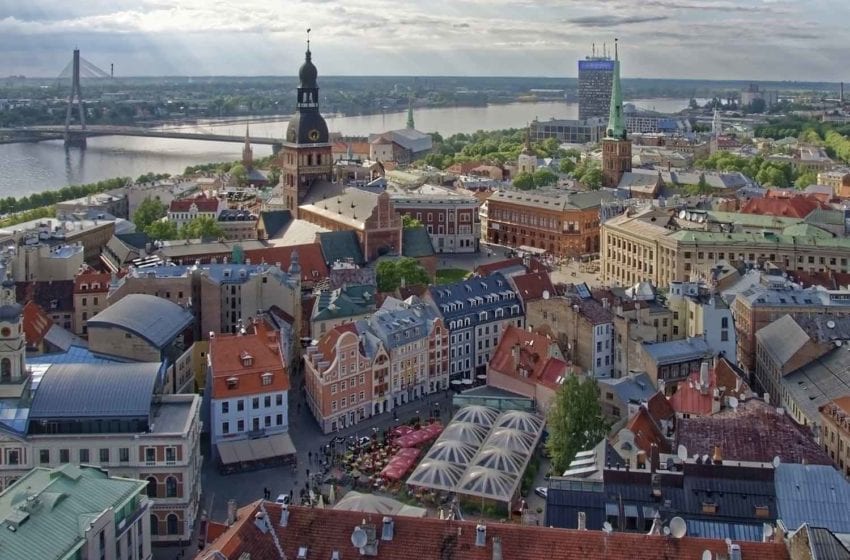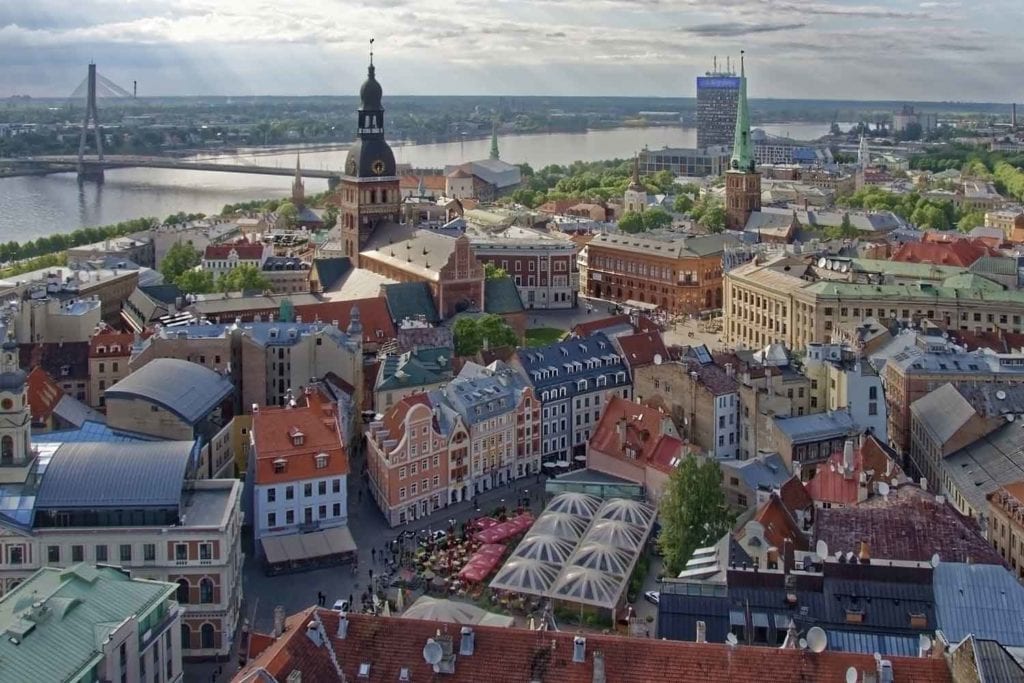Illicit cigarettes accounted for 20.4 percent of the Latvian tobacco market in 2020, 3.6 percentage points more than in 2019, reports the Baltic News Network, citing Nielsen figures.
The Latvian Chamber for Commerce and Industry (LTRK) notes that with this share, Latvia has come close to Lithuania where the percentage of illegal cigarettes was 21.8 percent last year. In Estonia, by contrast, the percentage of illegal cigarettes on the market was only 9.5 percent of the total market volume.
LTRK Chairman Janis Endzins attributed the increase to the impact of Covid-19 on consumer purchasing power, a recently enacted ban on menthol cigarettes and Latvia’s excise tax policy.
“At the end of 2020, we observed continued reduction of the illegal market, reaching its lowest point in the past 10 years. However, currently, there is no reason to expect positive changes,” he said. “Likely, this negative trend with illegal trade will remain in the future and will definitely affect alternatives to cigarettes, such as smokeless products, for which the government decided to rapidly increase excise tax in spite of experts’ recommendations.”
According to Endzins, illegal online trade of e-cigarettes is on a rise, and there have been cases of contraband tobacco-heating devices being intercepted by the State Border Guard.
Data from the study shows that 2.4 percent of all cigarettes consumed in Latvia last year were counterfeit. This means the total percentage of counterfeit cigarettes among all illegal cigarettes consumed in Latvia last year was nearly 12 percent. The largest portion of illegal cigarettes was carried to Latvia from Belarus (67.2 percent). Similarly to previously reported study periods, 61 percent of the total illegal cigarettes volume consisted of cigarette brands such as NZ, Premier, Queen, Minsk and Fest.
Nielsen studies the illicit market every year by collecting empty cigarette packs and determining the origin of tobacco products based on excise labels and health warnings.


